China’s financing and investment spread across 61 BRI countries in 2023 (up...
2024-02-27 31 英文报告下载
Europeans have been among the biggest advocates and beneficiaries of a rules-based, open economic order. By promoting the idea of free and fair trade, EU governments and institutions hoped that globalisation would benefit everybody. But, even before covid-19, this order was coming under enormous pressure. The most important structural feature of our world today is not multilateralism, but rather a bipolar competition between China and America – Europe’s two most important economic partners. As a result, the nature of globalisation is changing. Because neither China or America wants a conventional war, their most powerful weapon is to manipulate the architecture of globalisation. Both China and the United States are merging geo-economics with geopolitics. The Chinese are using investments strategically, manipulating markets through state aid and undermining the European Union’s voice on the world stage by deliberately weakening multilateral institutions and undercutting the EU in third countries. But America, too, is increasingly politicising things we once thought of as global public goods: the US financial system, SWIFT, the World Trade Organization, the internet, and the International Monetary Fund.
Rather than being a barrier to conflict, interdependence will increasingly be weaponised. There is a real danger that Europeans will be squeezed in the middle of the Sino-American competition. Europeans are likely to increasingly face extraterritorial sanctions, forced sensitive data transfers, and extraterritorial export controls that distort the European market and global competition. The Chinese government has tried to pressure European states into making political concessions by threatening to withhold medical supplies during the pandemic. Donald Trump has undermined Europe’s diplomacy on Iran – and international law – with secondary sanctions on European companies. An already heterogeneous global monetary and financial system is now confronted with a real risk of fragmentation, if not an eventual break-up. If we want to prevent the rules-based order from fragmenting, we need to build European strategic sovereignty and better integrate economic and geopolitical policy. However, to do this, Europeans will need to overcome some barriers in our thinking, our capabilities, and our institutions.

标签: 英文报告下载
相关文章
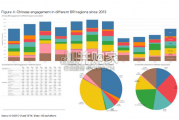
China’s financing and investment spread across 61 BRI countries in 2023 (up...
2024-02-27 31 英文报告下载

Though the risk of AI leading to catastrophe or human extinction had...
2024-02-26 51 英文报告下载
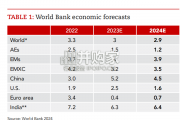
Focusing on the prospects for 2024, global growth is likely to come i...
2024-02-21 96 英文报告下载
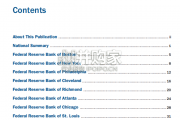
Economic activity declined slightly on average, employment was roughly flat...
2024-02-07 66 英文报告下载
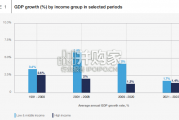
Economic growth can be defned as an increase in the quantity or quali...
2024-02-06 82 英文报告下载
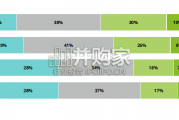
In this initial quarterly survey, 41% of leaders reported their organizatio...
2024-02-05 66 英文报告下载
最新留言